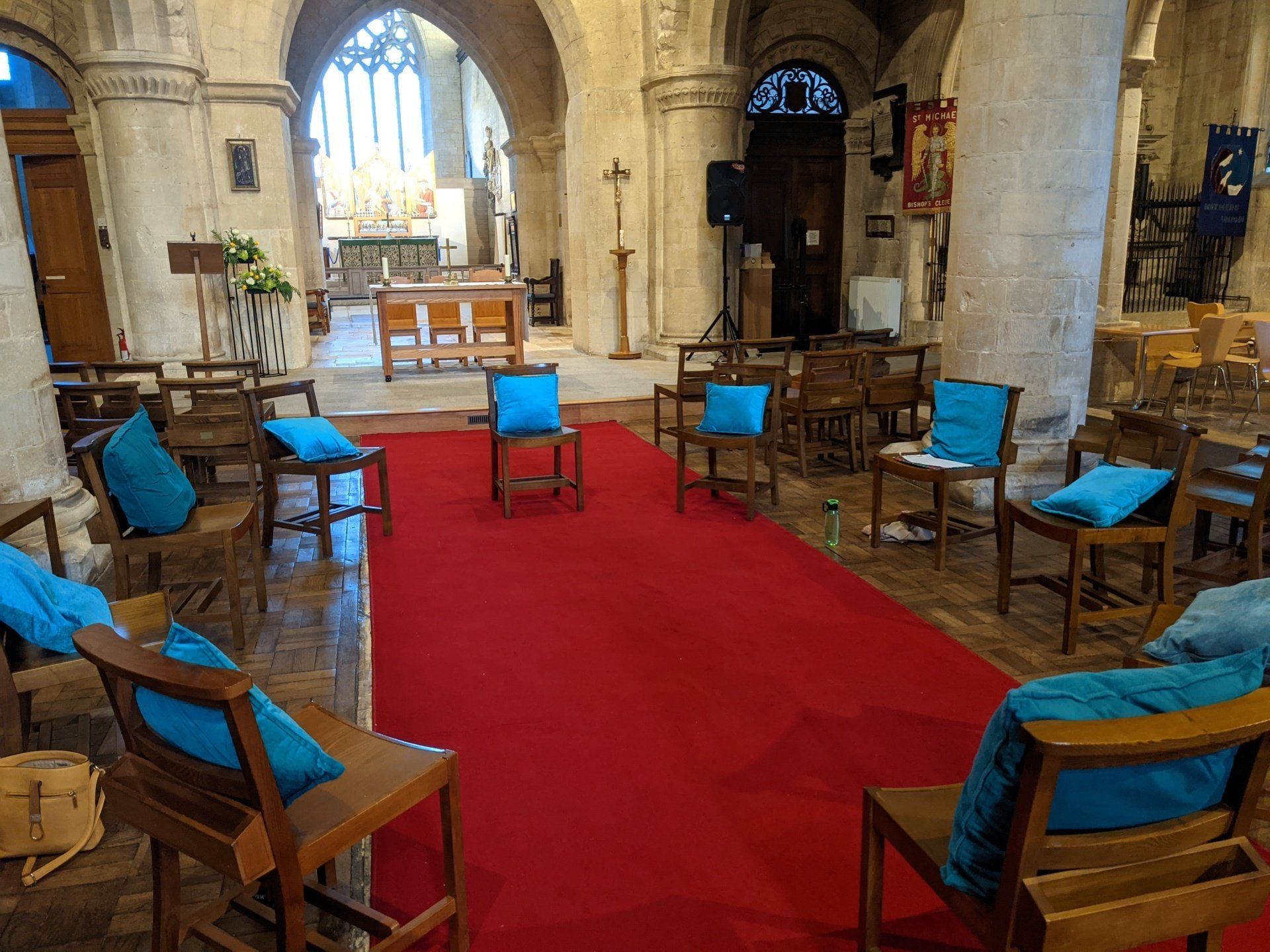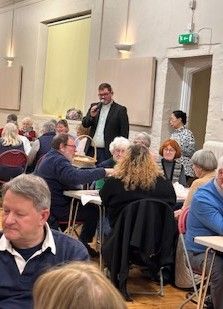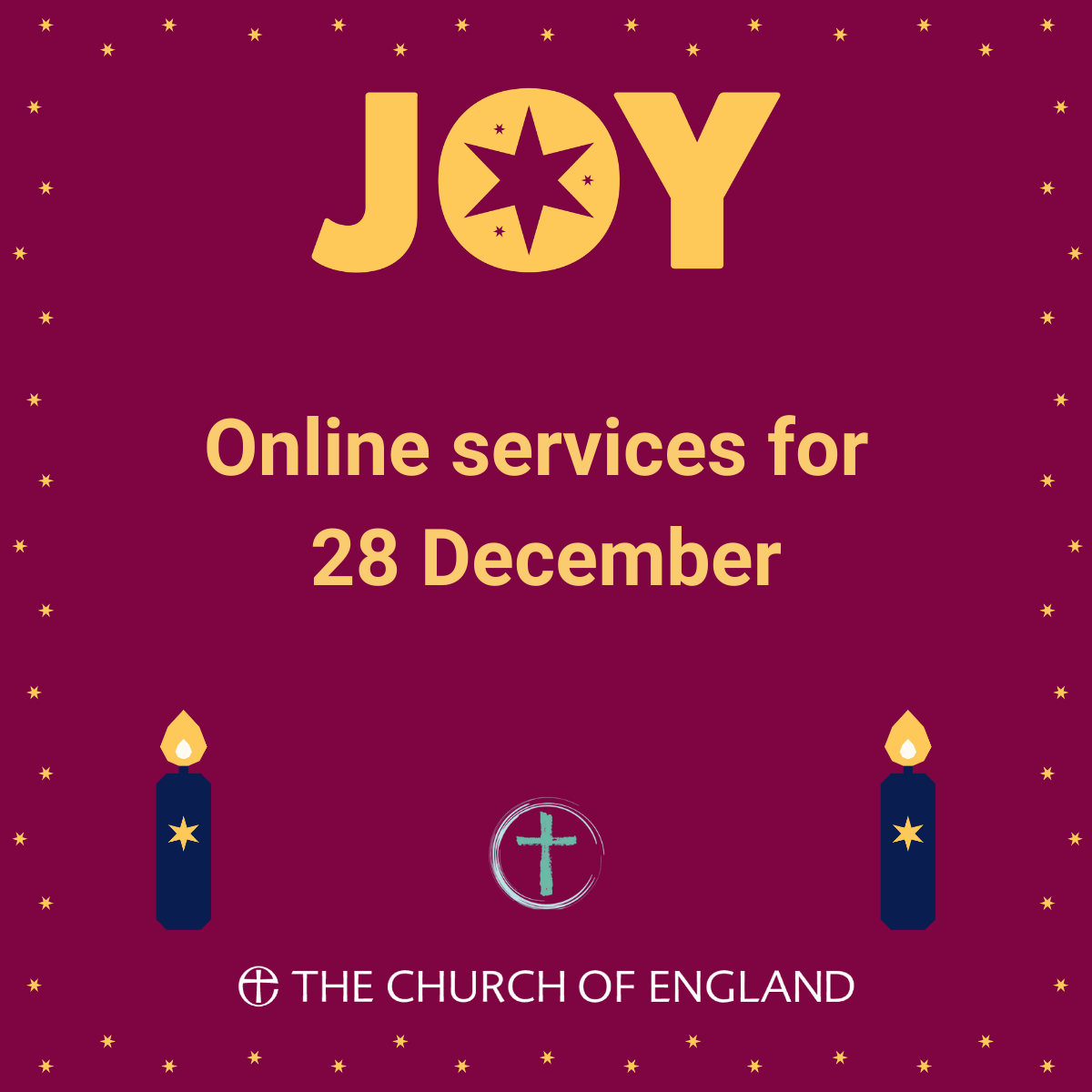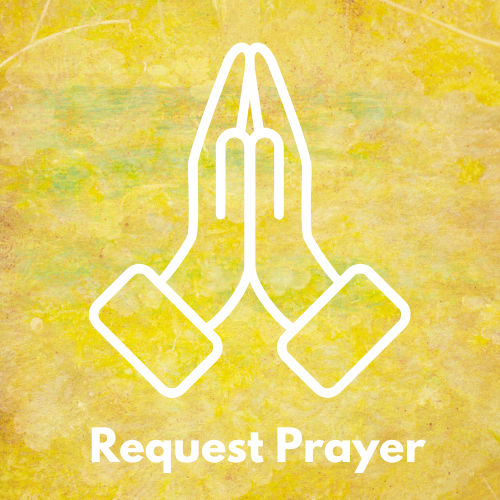Lucy Barbour reflects on her experience of learning about mindfulness

Back in June, Lucy Barbour (Trainee Pioneer Minister) attended a Mindfulness Course run by Dr Jo Powell from Parachute Mindfulness. Held in St Michael's Church, the course ran for 6 weeks and introduced the participants to mindfulness and how to practice the techniques to benefit daily life. Here, Lucy shares her experience of the course and how her faith enhanced what she learned.
What is Mindfulness?
Vicar and Mindfulness teacher, Tim Stead, defines mindfulness as ‘being more fully aware of your own experience in the present moment in a non-judgmental way.’ As a practice it has grown in popularity over the past 30 years after a course created to support people with stress and anxiety went mainstream around the world.
In more recent years, mindfulness has begun to be taught and practiced by Christians who recognise its connection to ancient Christian practices and its potential spiritual depth. Christian mindfulness often draws from the same practices that have been developed in the secular world, but with a spiritual emphasis.
How I Found the Practice?
The Breathing Anchor
A starting point for mindfulness is the use of an anchor, often the breath, to root us or create a place to stand from. It is from this position that we seek better awareness of what is going on in our mind, body, and our busy life. In this practice, and variations of it, the key is to use the breath to re-anchor you every time your mind wanders. This is not about ignoring thoughts, but to recognise that they are not the full picture and can distract us for focusing on what is real around us.
There was one time that I was particularly upset when I attempted the practice. In this space I found myself rejecting the exercise in quite a physical way. It was as if I was afraid of being still, as I knew it would bring up thoughts and feelings that I didn’t want to experience. My desire was instead to stop and distract myself with my phone or TV.
In this space, I found that having a Christian emphasis on the practice was extremely helpful. I was able to not only focus on my breath, but to visualise God with me in the breath. This helped me to invite God into the time and gave a new depth to the anchor.
It makes sense that our breath would be a good place to anchor us into the present moment, especially when we reflect on the many verses in the bible that connect our breath with the life that God gives us.
Body Scan and Mindfulness of Body and Breath
These mindfulness practices aim to focus awareness on the body and to notice how we are in our physical presence.
It was interesting to find time to focus on my body, as it demonstrated to me how often I choose to live disembodied from myself. In the busy holidays, with children not far away, I often spent most of the day ready to undertake jobs. To cope with the pace of life, I realised I had almost stepped outside of my body to make it easier to simply function.
This awareness was very powerful and helped me to see the significant benefits of practicing mindfulness on many levels. I realised that quite often when I come to read the bible and pray, I am still in an almost disembodied state, functioning, but not really being present before God.
Kindly Awareness
This is a mindfulness practice which has deep spiritual resonance for me. It is a practice that encourages you to visualise kindness on to a series of people, including yourself, and someone you struggle with. I found undertaking this a moving experience as my faith has taught me a great deal about the importance of behaving with kindness and grace towards others. Knowing this is not always easy made this practice even more significant, as it gave me a space not only to pray for God’s help, but to practice how the process of demonstrating kindness might feel.
My Personal Reflection
I found practicing mindfulness an extremely positive experience. It was not often easy, but that didn’t feel like a problem. Other spiritual practices that I have tried previously have sometimes left me feeling disheartened or frustrated with myself. This was because I had considered these practices as something that needed to be achieved or done well.
In contrast, the promotion of non-judgement in mindfulness is liberating as it focuses on the ongoing journey and not the practice itself. I have come to realise how important this is for our spirituality, where the goal should never be the practice itself, but the fullness that we are seeking in Christ because of it. I believe Brian Draper explains this idea beautifully, when he writes: ‘the true goal of spirituality is not to become more spiritual, but to become more fully human.’
One preconception I had about mindfulness was the idea that it was about emptying the mind and detaching from reality. As a person who loves to think and be active, this felt like something I would find unenjoyable and unwanted. However, I have learned that it is not about emptying the mind, but about developing better awareness of what is going on in the mind, alongside the body, with the aim of becoming more fully present in life with God.
This helped to remind me of the occasions where I have experienced great spiritual peace when my mind is less consumed by thoughts and more immersed in a physical experience, such as being confronted with nature, walking or running. I have come to realise that these experiences feel spiritually profound because I am more fully present as my whole self within them with God, in contrast to simply functioning.
Professor Mark Williams is right to say that ‘Mindfulness can nourish and renew our faith,’ as it has many ways to complement existing spiritual practices such as prayer and bible reading. Most importantly, I have learned that undertaking a practice like mindfulness, is not about letting go of my active lifestyle or my love of learning. Instead, I would hope that it would complement who I am, by opening me up to greater awareness and reminding me to make true space for God.
I have come to see that Christian mindfulness is a spiritual aid when it helps us be fully alive as human beings in a world that is full of God’s presence but where we perhaps are oblivious to it.
"God is not present to us tomorrow. God is not present to us yesterday. God is only ever present to us today. But when tomorrow comes, that will be the present and God will be there too. Let us make sure, though, that we, too, are present when tomorrow comes."
Rev'd Tim Stead
Look out for future updates about Mindfulness courses at St Michael's.
For more information about Parachute Mindfulness, visit: https://parachutemindfulness.co.uk/







